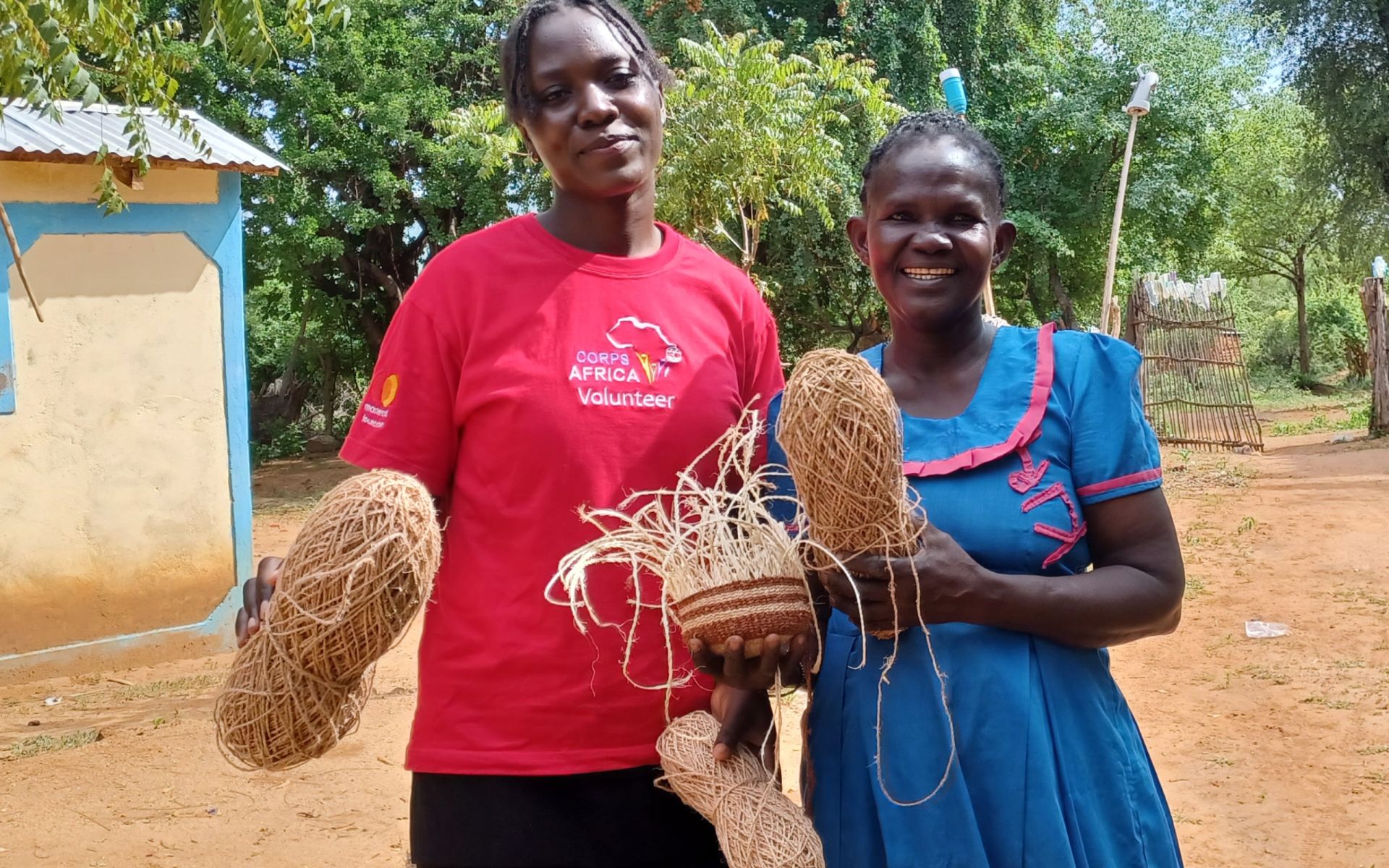It is so amusing that even with the current evolution of everything, the people of Tharaka have held so tight to their traditional ways of farming. The food here is as organic as organic can be. No fertilizers, no pesticides, and no GMO seeds either. These great cereal farmers would get anyone thinking that because they have not embraced the usage of pesticides, their grains probably suffer from pest infestation. Well, at least not something I have witnessed here. They have their traditional style of storage, one among many being the use of a skillfully woven basket, natively referred to as” munyeki”. It is made from some type of grass, so huge that it can hold over 500kgs of millet, something that even a whole mathematician like me, cannot fully comprehend. With this ingenious storage method, their cereals can remain fresh and pest-free for over two years.
In a similar way, this community has preserved its resourcefulness when it comes to raising children. There is a common saying that goes; it takes a whole village to raise a child, and that means that in one instance or the other, we all have been left with the responsibility of looking after a baby and we can all agree that it takes a lot more effort than we would like to admit. Take for example the cost of a baby-holder that comes in hundreds of thousands. We know what that means; that only privileged babies can enjoy such. Not here though, the Tharaka families have embraced simple yet effective method of baby care. They construct a baby-holder using just a few nails, pieces of wood, and either cloth or a sack. This innovation is especially useful during farming and harvesting seasons when families with young babies are hard at work. Parents no longer have to strain their backs while tending to farm duties or household chores, and babies are safely kept away from the ground, avoiding dangerous animals or insect bites.
The ingenuity of the Tharaka people and their ability to make the most of their resources reflect a perfect example of the Asset-Based Community Development (ABCD) approach which is all about working with the people to amplify their existing capacities, just as the Tharaka farmers use their traditional knowledge of agriculture and storage, and as they create simple, effective baby-holders from locally available materials. By valuing what communities already have and building on it, ABCD fosters sustainable development, driven by the people themselves.

